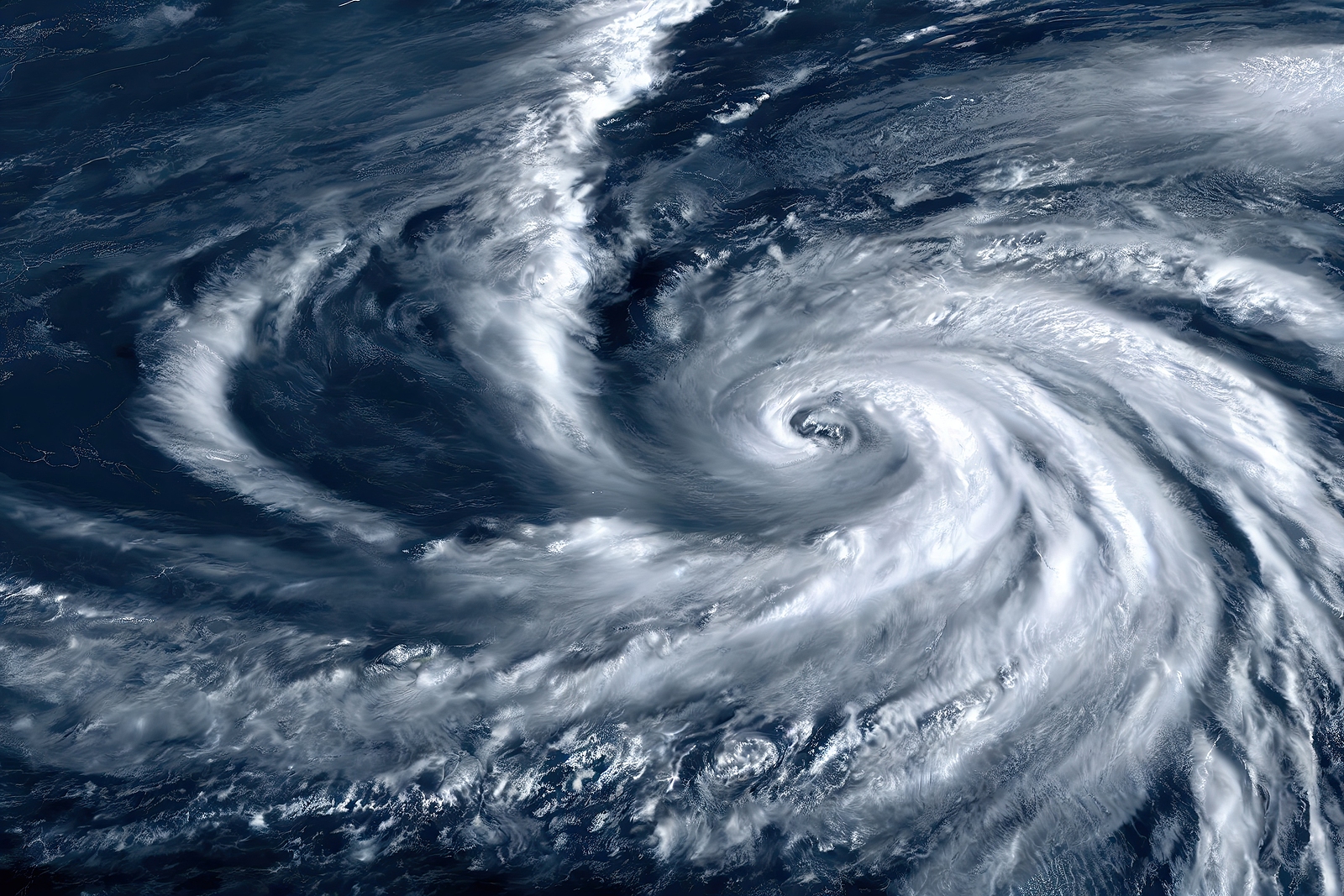Introduction:
It’s almost July and we have already had storm activity in the Atlantic. Hurricanes are powerful and unpredictable natural disasters that can cause immense damage to communities. Homeowners Associations (HOAs) play a vital role in ensuring the safety and preparedness of their residents during these challenging times. By taking proactive measures and implementing effective plans, HOAs can mitigate risks, protect property, and promote the well-being of their members. In the below blog post, we will discuss essential hurricane preparedness tips that empower HOA's to “weather the storm” with confidence.
Develop a Comprehensive Emergency Plan:
Creating a well-defined and regularly updated emergency plan is crucial for HOAs. This plan should outline specific procedures for various scenarios, including evacuation protocols, communication channels, and designated shelters. Involve community stakeholders, such as residents, board members, property managers, and local authorities, to ensure a comprehensive approach.
Conduct a Thorough Property Assessment:
Assessing the community's vulnerability to hurricanes is essential for effective preparedness. Conduct a comprehensive property inspection to identify potential weak points, such as loose roofing materials, unsecured outdoor objects, or weak trees. Address any identified issues promptly, ensuring the structures and landscapes are well-maintained and meet relevant building codes. Consider hiring professionals to inspect common areas, shared facilities, and high-risk areas like swimming pools or playgrounds. Additionally, take lots of photos of the community for insurance purposes.
Create a Communication Network:
Establishing a reliable communication network within the HOA and between residents is vital during hurricanes. Encourage residents to provide updated contact information, including mobile numbers and email addresses. Utilize various channels like text messages, email lists, social media groups, and community websites to disseminate critical information, emergency alerts, and evacuation instructions. Designate a point of contact or an emergency hotline for residents to report issues and seek assistance.
Secure Common Areas and Outdoor Objects:
High winds during hurricanes can turn loose items into dangerous projectiles. Ensure that common areas, such as pool furniture, trash bins, and equipment sheds, are properly secured or relocated to safer locations ahead of a storm. Trim overhanging branches and remove dead trees that could potentially fall and cause damage. Encourage residents to secure or bring indoors their personal outdoor objects, such as patio furniture, grills, and potted plants, before the storm hits.
Reinforce Buildings and Windows:
HOAs should evaluate the structural integrity of buildings and reinforce vulnerable areas. Consider installing impact-resistant windows, storm shutters, or plywood covers to protect windows from debris and high winds. Reinforce garage doors, entryways, and common area doors to minimize the risk of structural failure. If applicable, ensure backup generators are properly maintained, and residents are aware of their use during power outages.
Collaborate with Local Authorities:
Establishing a positive relationship with local authorities, emergency management agencies, and relevant community organizations is crucial for effective hurricane preparedness. Attend community meetings, participate in disaster preparedness workshops, and coordinate with local authorities to stay updated on evacuation routes, shelter locations, and emergency services. Explore the possibility of hosting joint preparedness drills or sharing resources with neighboring communities.
Vendor Relationshios:
The Board of Directors should establish relationships with vendors far before a storm arrives. Many companies, such as water restoration companies, will allow for preferred vendor agreements. Lining vendors up prior to the storm will allow for a smoother cleanup and rebuild process.
Educate and Inform Residents:
HOAs should prioritize educating residents about hurricane preparedness and safety measures. Organize informational sessions, distribute printed materials, or conduct online webinars to educate residents about hurricane risks, evacuation procedures, and personal safety tips. Encourage residents to create personal emergency kits containing essential supplies, such as food, water, medications, flashlights, and batteries. Foster a culture of preparedness by promoting awareness and sharing resources.
Conclusion:
HOAs play a pivotal role in ensuring the safety and well-being of their communities during hurricane events. Before, during, and after a Hurricane, Priestley Management will be standing by ready to assist. However, Its vital that Associations plan prior to a storm.


